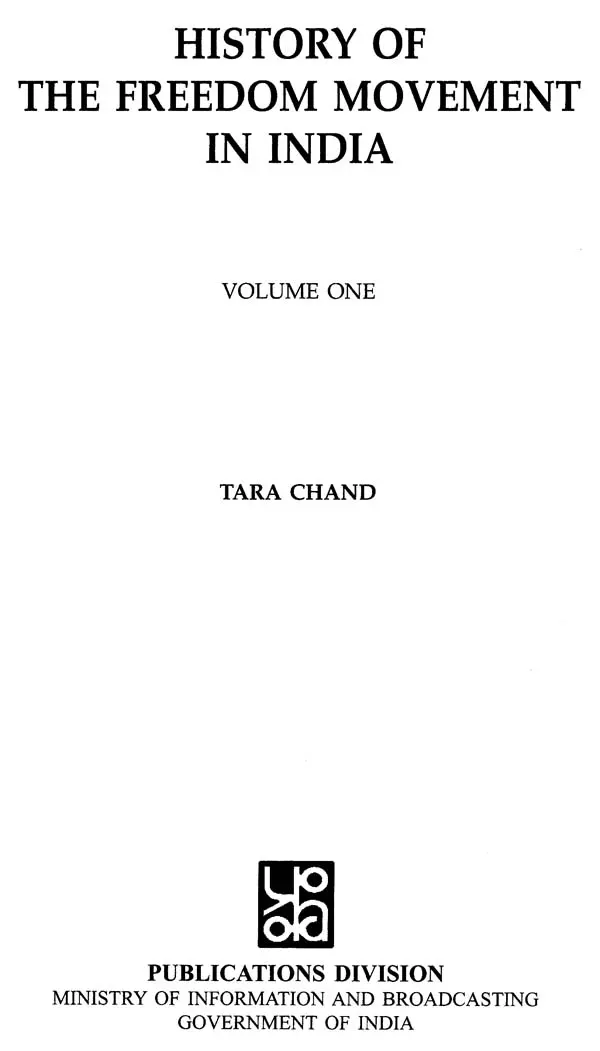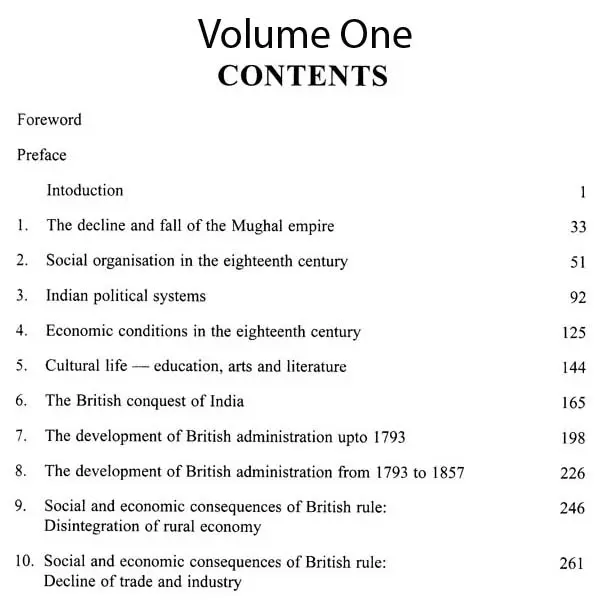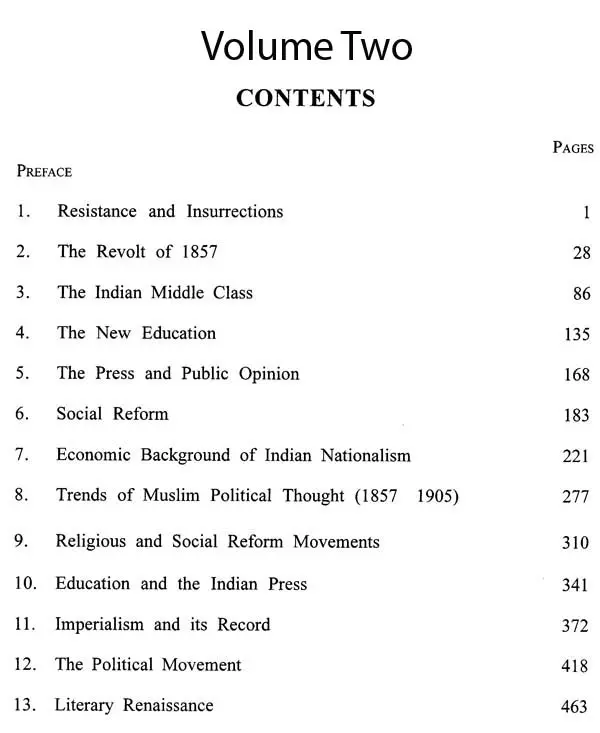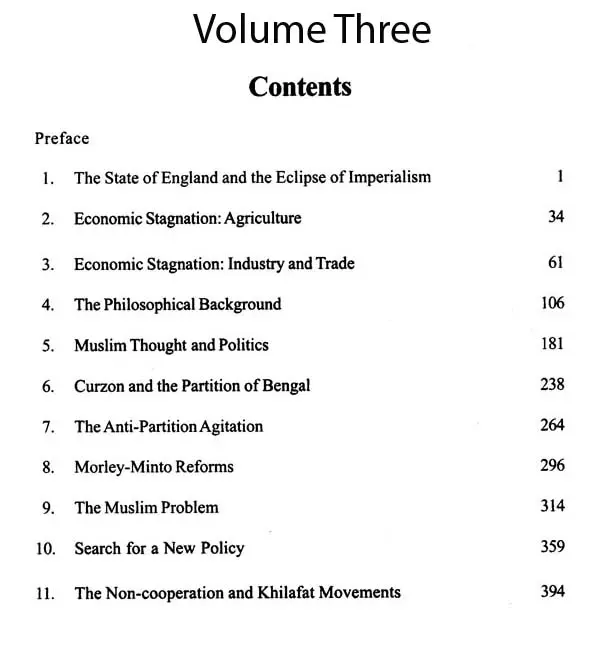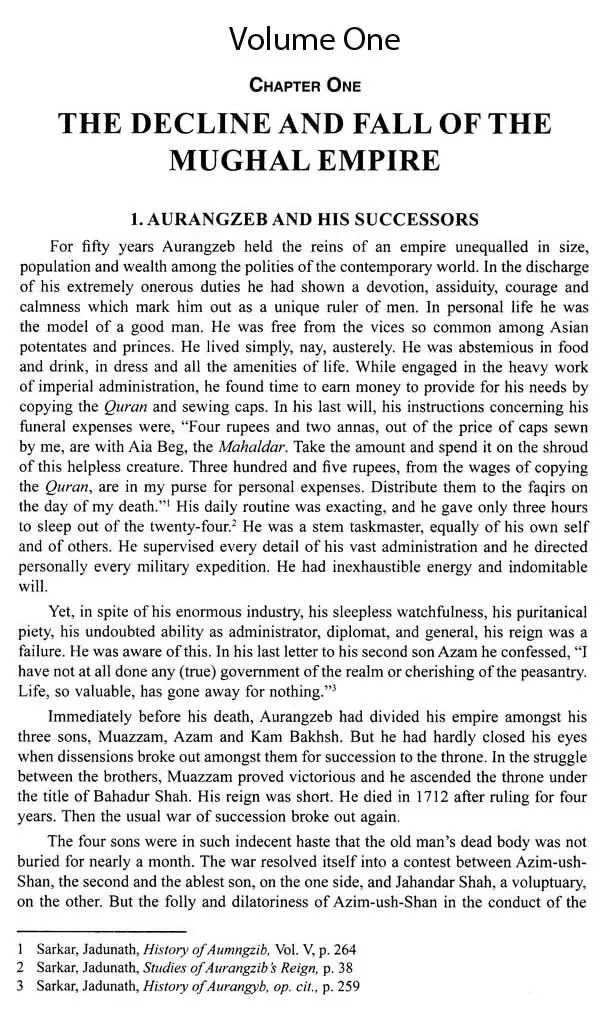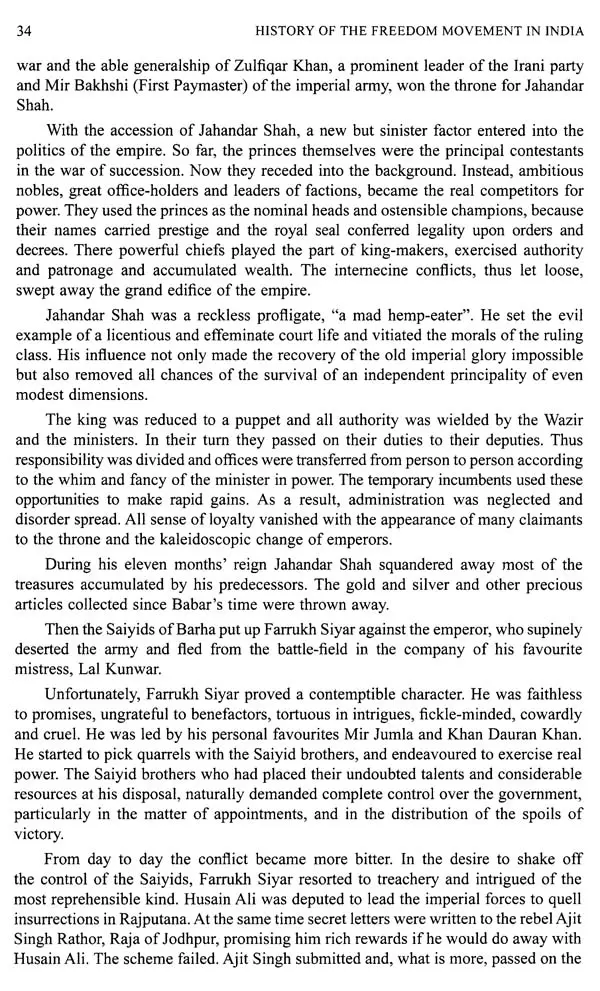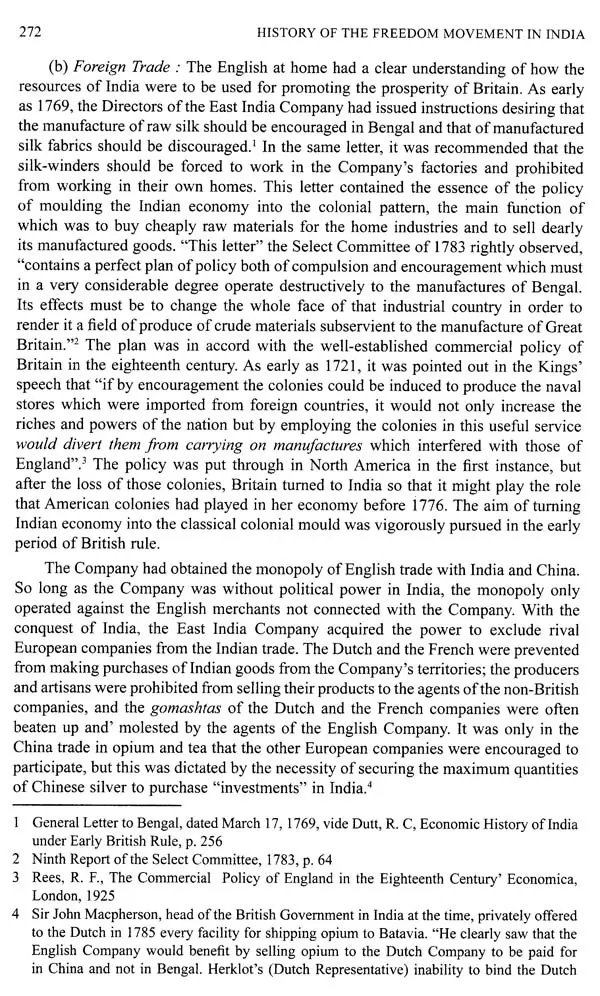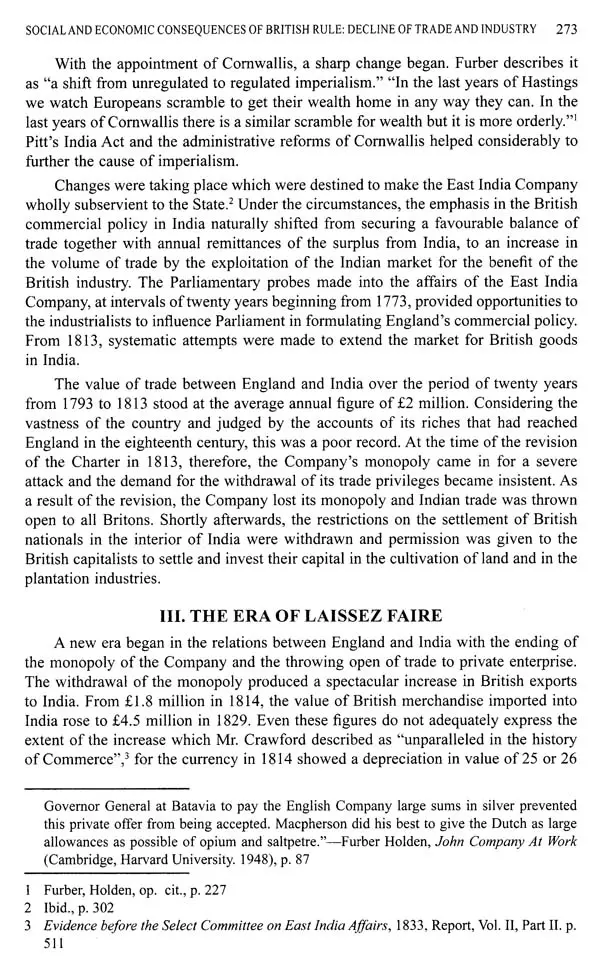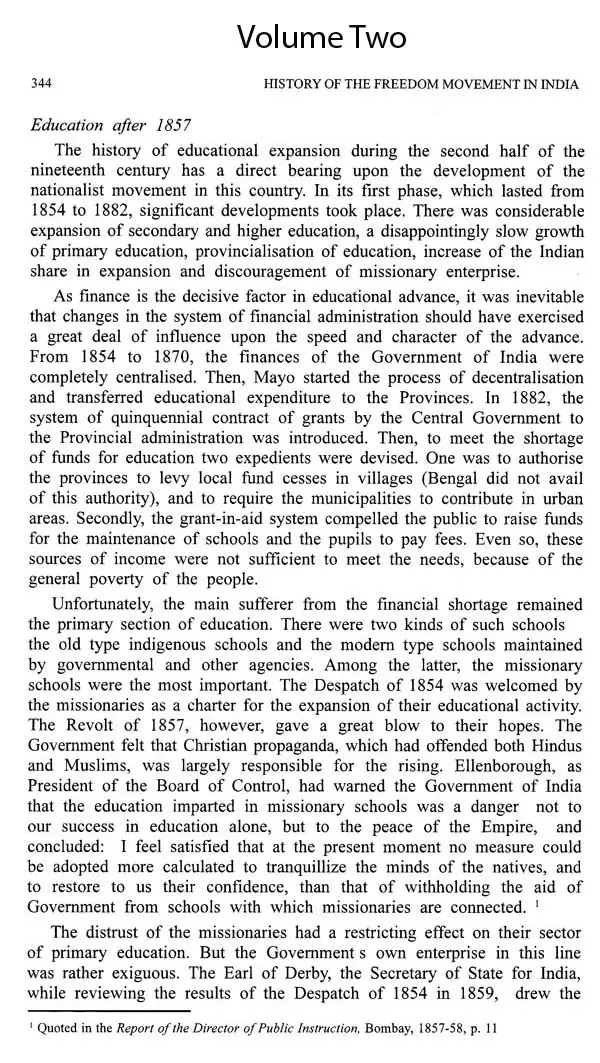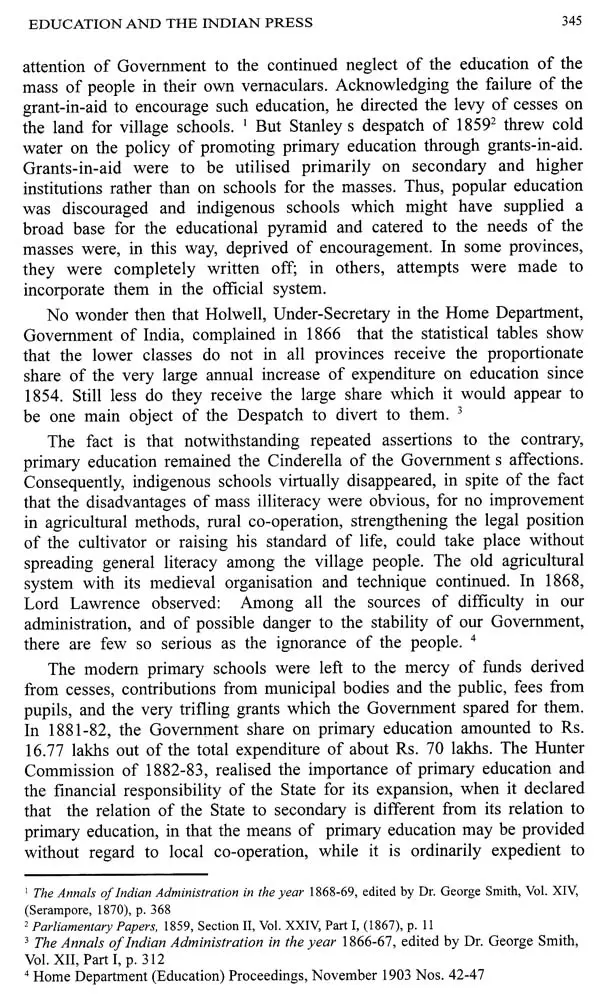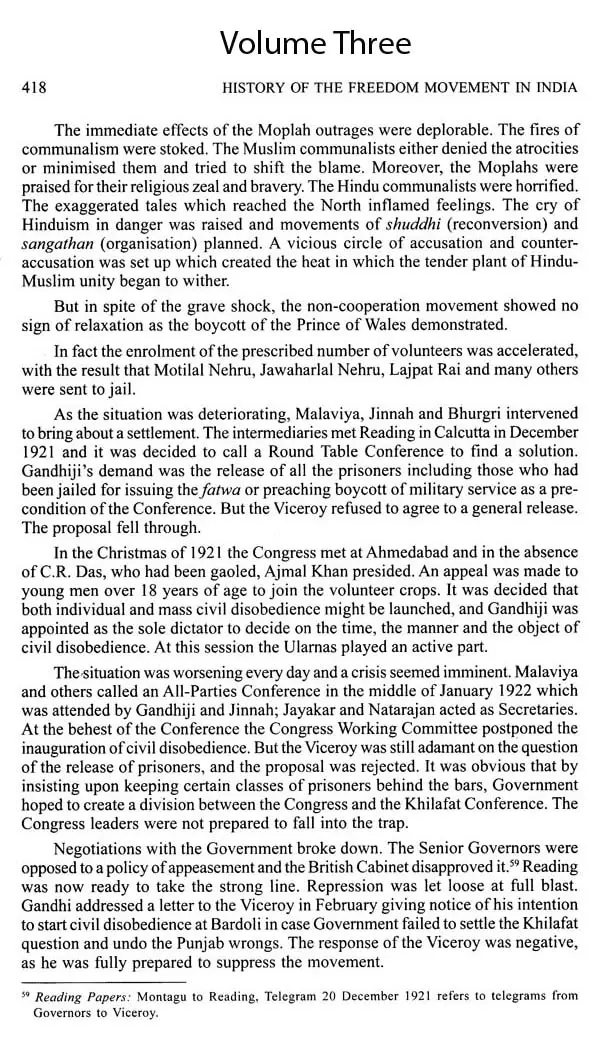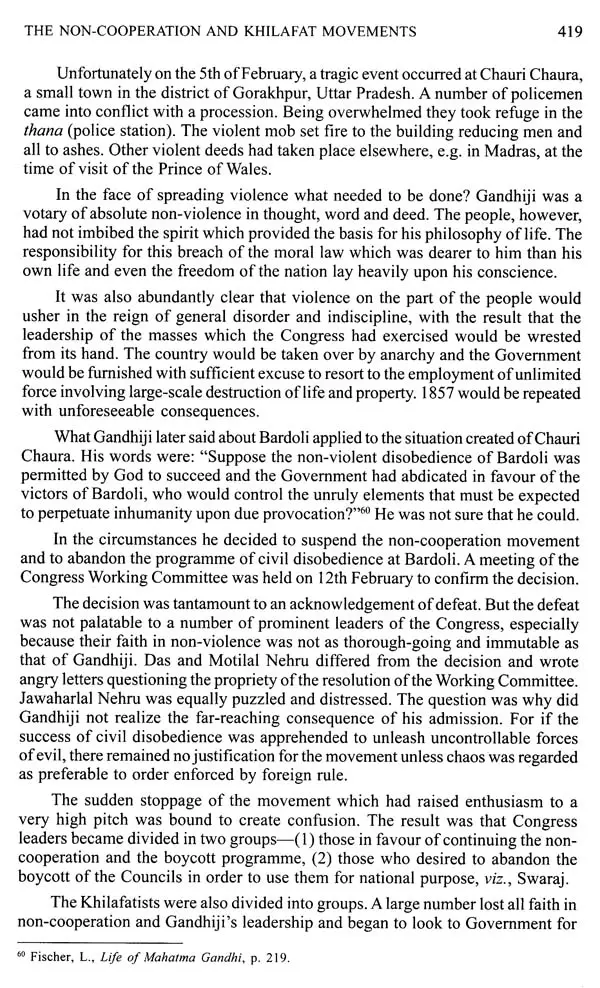
History of the Freedom Movement in India (Set of 3 Volumes)
Book Specification
| Item Code: | UAK445 |
| Author: | Tara Chand |
| Publisher: | Publications Division of Ministry of Information and Broadcasting |
| Language: | English |
| Edition: | 2020 |
| ISBN: | 9788123032382, 9788123021584, 9788123032375 |
| Pages: | 1195 |
| Cover: | PAPERBACK |
| Other Details | 9.50 X 6.50 inch |
| Weight | 1.89 kg |
Book Description
In undertaking to write the History of the Freedom Movement, I was faced with a number of problems. Where should the history begin? One answer was the foundation of the Indian National Congress in 1885 But the Congress was the from organised expression of a growing national movement, and without tracing the history of the rise of national consciousness it would be impossible to explain the emergence of the Congress. When did then national consciousness arise? In the faming holocaust of 1857, or earlier? It was necessary inevitably to go back to Ram Mohan Roy But Ram Mohan Roy was the product of the impact of the British conquest. The conclusion was inescapable that the nature of the impact from its earliest stages required study and explanation. Another question was even more difficult to answer. I had to trace the history of the freedom movement and not merely to relate the story of the achievement of independence. Independence is a negative concept. Its implication is absence of dependence, it has no positive connotation; it does not indicate the quality and character of the society which achieves political sovereignty after throwing off alien domination. Freedom is more than the mere absence of foreign control, for it implies a society possessing certain positive attributes-a capacity to order its affairs in accordance with the will of the people, and a democratic way of life guaranteeing liberty and equality to all its members. As a result of the British intervention in the eighteenth century India lost independence, but under British tutelage which lasted for nearly two centuries it gained freedom. This raised two connected problems. Why did India lose independence and what did this loss imply in material and moral terms? And secondly how did India qualify itself for attaining freedom? Europe had progressed from independence to freedom and it had traversed this journey in more than a thousand years-from the settlement of the Teutonic tribes in the provinces of the Roman Empire to the eighteenth century-but it had not experienced foreign occupation and rule. India, on the other hand, had to surrender the sovereign power before setting out on the perilous voyage which led to self-government, and it had to complete the stages of the journey in one-fifth of the time taken by Europe. It appeared to me that I should explain, howsoever briefly, the experience of the West in order to explain what happened in India. I have therefore ventured to summarise the history of the developments in Europe in the introduction to the story of India's freedom. **Contents and Sample Pages**
